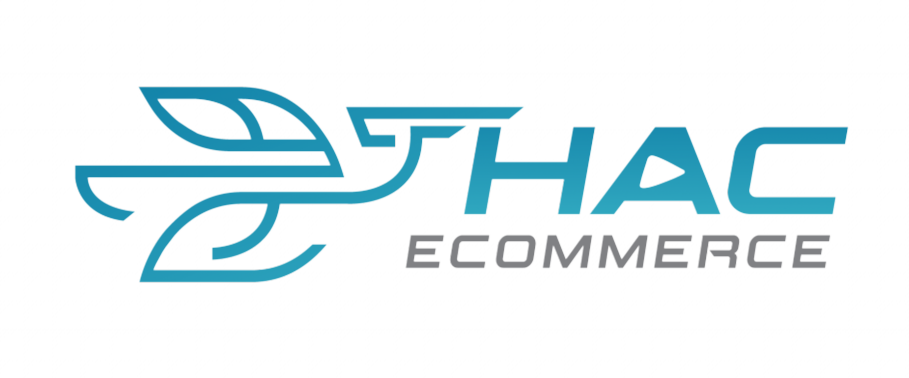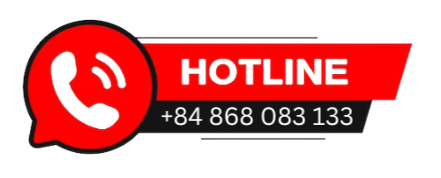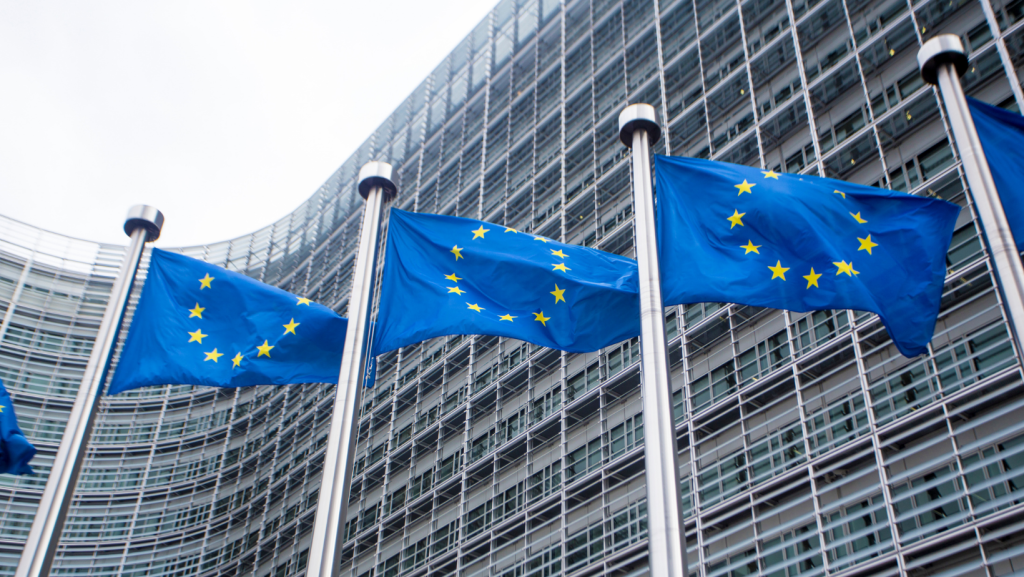Mastering Key Legal Regulations to Optimize Your POD Business in the EU
Essential EU POD Compliance Rules Every Seller Must Know
The European Union (EU) is a lucrative market with enormous potential for Print-on-Demand (POD) products. However, alongside the opportunity comes challenges—particularly the strict consumer protection and environmental regulations. Any POD seller aiming to succeed in this market must understand these core legal frameworks strongly. Ignoring or underestimating them can lead to serious consequences, including financial penalties, product recalls, or reputational damage.
So, what are the key legal “rules of the game” that POD sellers need to understand before entering the EU market?
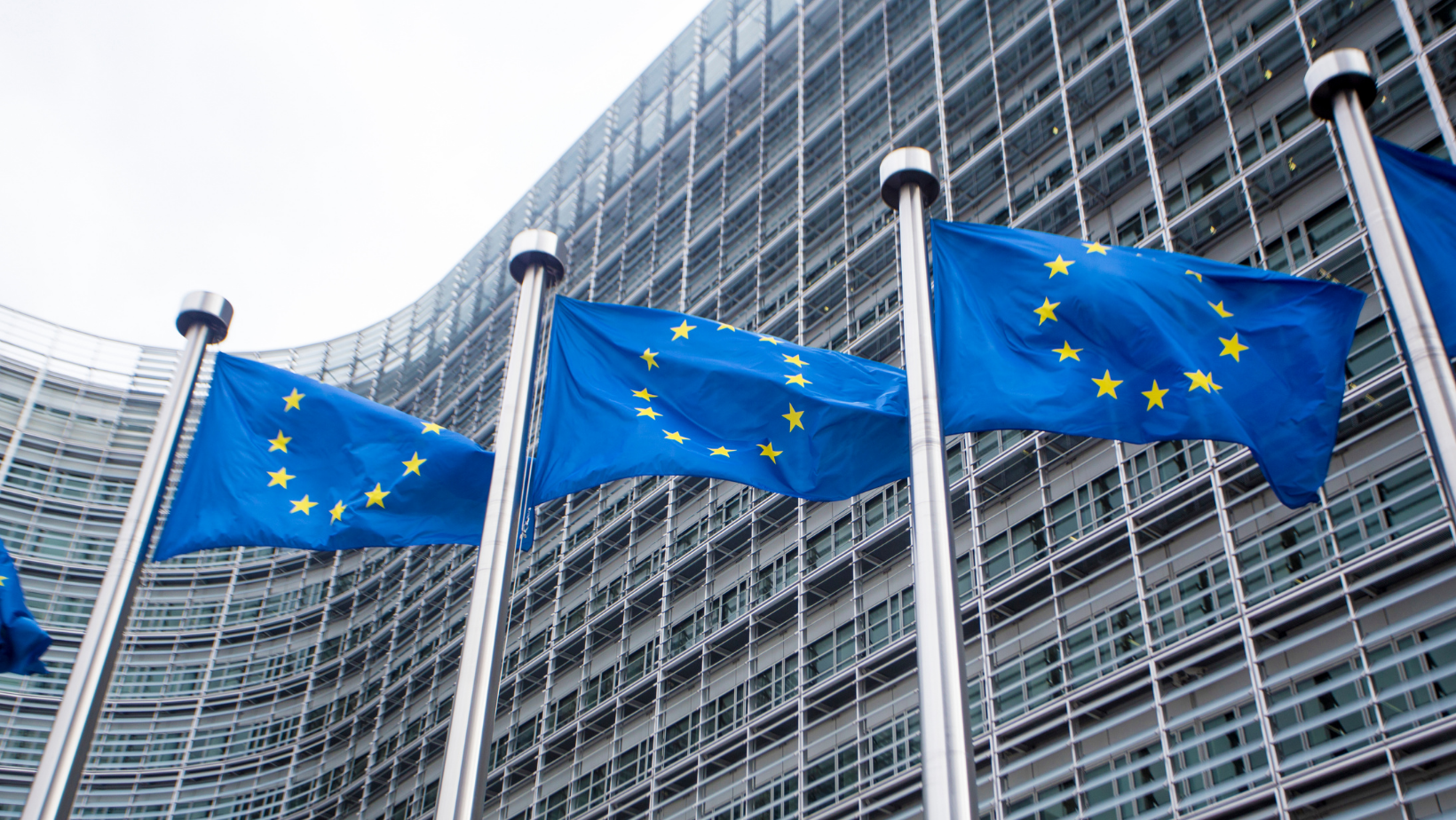
1. Comply with Consumer Protection Laws
These laws form the foundation of all commercial transactions within the EU. POD sellers must be aware of several critical obligations:
- Right, to complete and accurate product information: Product descriptions (material, dimensions, colors, features), pricing (including VAT and shipping costs), delivery times, and return/refund policies must be clear, accurate, and easy to understand. Product images must truthfully represent the item.
- Right to return goods and receive refunds: EU consumers can return products within 14 days of receipt without providing a reason (cooling-off period). Sellers must implement a clear and accessible return and refund process.
- Right to product warranty: Although POD items are typically not covered by long-term warranties like electronics, sellers must ensure that the products are free from significant defects at delivery.
- Advertising and marketing regulations: All marketing efforts must be honest, not misleading, and compliant with the General Data Protection Regulation (GDPR), which will be addressed further below.
2. Understand Product Safety Regulations
Even though POD products are typically items like clothing, mugs, posters, etc., they must still comply with EU product safety standards, especially regarding materials and manufacturing processes:
- REACH (Registration, Evaluation, Authorisation and Restriction of Chemicals): This regulation controls the use of chemical substances. Sellers must ensure that inks and materials do not contain restricted or banned chemicals.
- Toy Safety Directive (if selling children’s products): Items intended for children must meet stringent safety criteria regarding materials, design, and potential hazards.
- Country-specific standards: Some EU member states may have additional safety and quality requirements that sellers need to investigate and meet.
3. Be Cautious with Intellectual Property Rights
This is a critical area where POD sellers must tread carefully. Unauthorized use of copyrighted content (images, logos, designs, text) can lead to costly lawsuits and brand damage.
- Copyright: Protects creative works such as illustrations, music, and literature. Sellers must create their designs or obtain the proper licenses.
- Trademark: Protects brand names, logos, and slogans. Sellers cannot use registered trademarks without the owner’s explicit permission.
- Industrial design: Protects the external appearance of products. Using patented designs without authorization can result in legal consequences.
4. Follow Value-Added Tax (VAT) Regulations
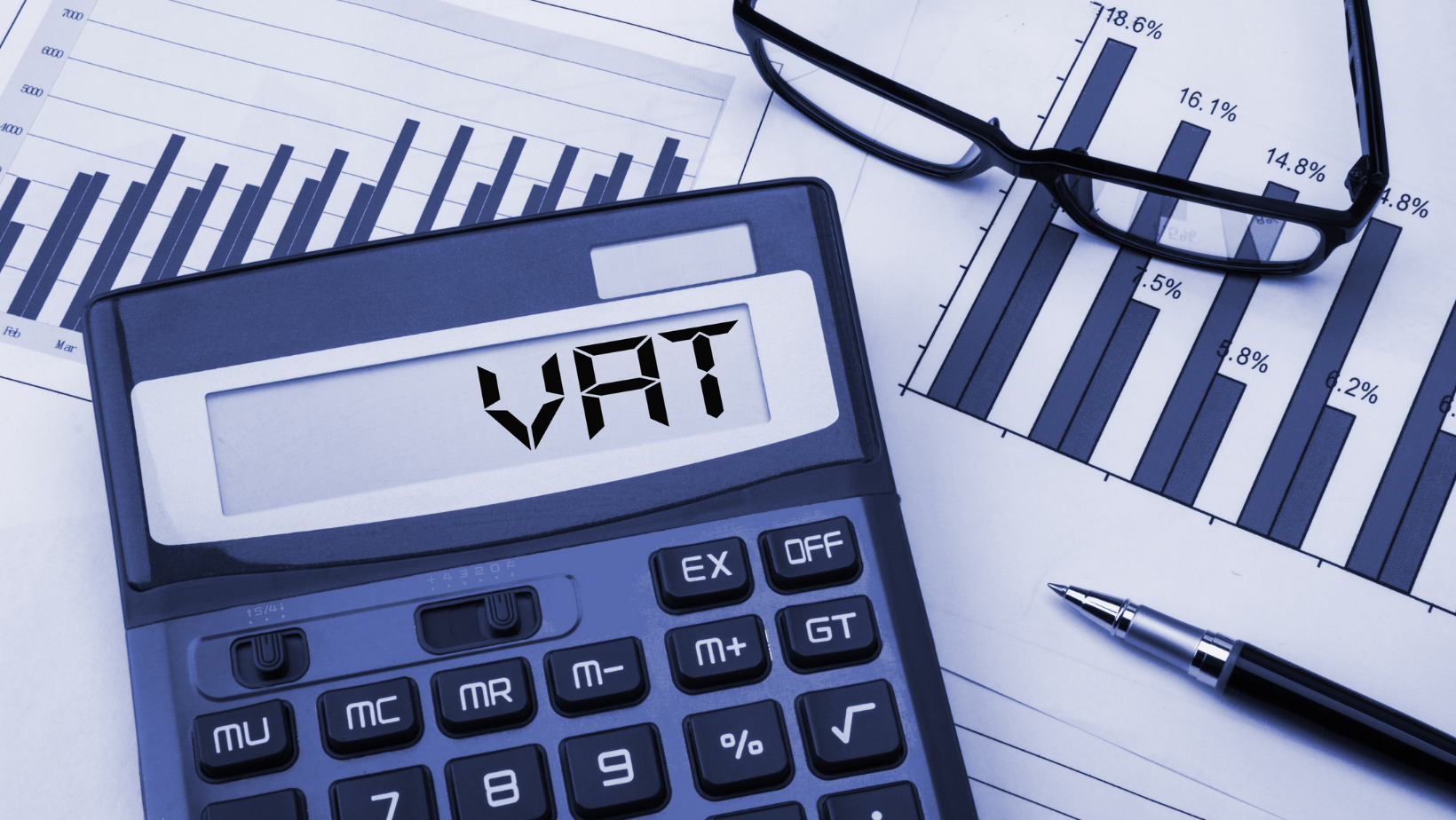
Collecting and remitting VAT is mandatory for businesses selling within the EU:
- VAT registration: Depending on your sales volume and country of business, you may need to register for VAT in one or more EU member states.
- VAT collection and submission: VAT rates vary across countries and product categories. Sellers are responsible for calculating and paying the correct amount to the appropriate tax authority.
- Invoice requirements: VAT-compliant invoices must include specific details such as the seller’s VAT ID, itemized charges, and applicable tax.
- IOSS (Import One-Stop Shop): For shipments valued under €150 imported into the EU, the IOSS system can simplify VAT reporting and remittance.
5. Comply with GDPR (General Data Protection Regulation)
If your business collects or processes the personal data of EU customers—such as names, addresses, emails, or payment information—GDPR compliance is mandatory:
- Consent: Clear and voluntary customer consent is required before collecting or processing personal data.
- User rights: Customers can access, correct, or delete their data. Sellers must have mechanisms in place to fulfil these requests.
- Data security: Adequate technical and organizational safeguards must be implemented to prevent unauthorized access, data loss, or breaches.
- Privacy policy: A transparent and user-friendly privacy policy must outline how personal data is collected, used, and protected.
6. Other Regulations to Consider
- Packaging and labelling requirements: Products may need to meet specific packaging and labelling standards, such as country of origin, manufacturer details, and material composition.
- Environmental regulations: The EU increasingly emphasizes sustainability. Sellers should consider eco-friendly production and shipping methods to meet consumer expectations and legal standards.
- National laws of individual member states: In addition to EU-wide rules, each country may have specific regulations. Sellers must research and comply with any localized requirements.
HAC Ecommerce’s Recommendations for POD Sellers
- Thorough research: Invest time in understanding the regulations related to your products and target markets.
- Consult with legal experts: When necessary, seek guidance from legal o

Mastering Key Legal Regulations to Optimize Your POD Business in the EU r international trade professionals.
- Use compliant platforms: Choose POD platforms that support EU regulatory compliance and offer tools to help sellers meet these standards.
- Stay updated: Laws and regulations can change. Regularly check for updates to avoid compliance risks.
- Develop clear business policies: Create transparent and accessible shipping, returns, and data privacy policies to build customer trust.
Conclusion
Selling POD products in the EU is a strategic opportunity to grow your brand and revenue—but it also requires a high level of legal awareness and operational discipline. Mastering these legal frameworks helps you avoid penalties, enhances your credibility, and builds long-term customer trust.
If you plan to enter or are currently selling in the EU POD market, start by studying the relevant regulations, using trustworthy platforms, collaborating with partners who understand the legal landscape, and prioritizing transparency and quality.
Success in the competitive EU POD landscape demands preparation, compliance, and a commitment to best practices. By following these essential rules, sellers can thrive in one of the most promising eCommerce markets in the world.
Hacecommerce wishes all POD sellers great success in the European market!
Additionally, Hac Ecommerce offers a range of comprehensive services designed to support and empower businesses operating in the POD (Print on Demand) industry. These services include fulfillment solutions, payment account rentals, and design cloning, all of which are tailored to meet the unique needs of entrepreneurs in this niche.
